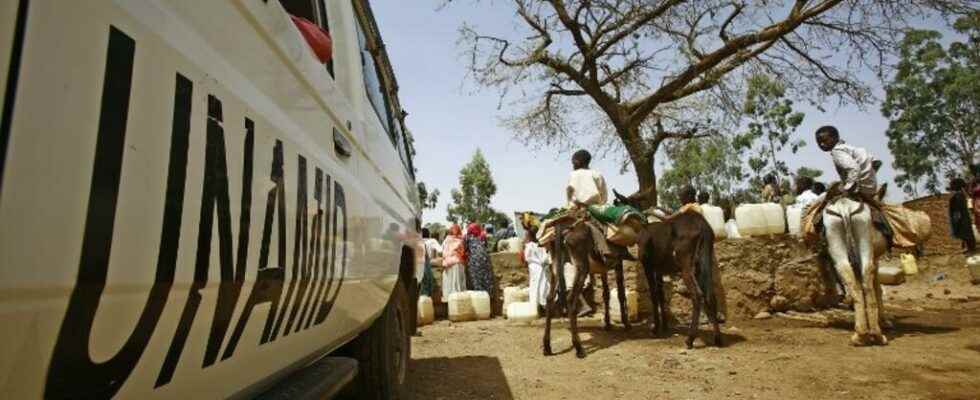The dust has settled on the killings that have mourned the Darfur region of Sudan since April. The UN has drawn up a definitive assessment of the victims of two major massacres of civilians from the non-Arab Gimir community, in the localities of Kerenik, at the end of April, and Kulbus, at the beginning of June: it amounts to a total of 290 dead, including children, executed in front of their homes, and 131,000 people driven from their homes. Three questions for Mohamed Osman, researcher on Sudan for the organization Human Rights Watch.
RFI: Looking back on the violence of recent months, you say that the Sudanese government forces have failed in the protection of civilian populations in Darfur. And you also mention testimonies implicating the Rapid Support Forces (paramilitary militia allied to the army within the putschist junta that took power on October 25, editor’s note) with the attackers. What was the error of assessment of the international community, according to you?
Mohammad Osman: The current situation illustrates a misunderstanding of the dynamics of violence in Darfur on the part of the international community and the failure to withdraw peacekeeping forces, under the pretext that they would be replaced by local forces. This decision to withdraw did not take into account the fact that government forces, including the Rapid Support Forces, for example, have a long record of abuses. And yet they were deployed in the region, without even a prior security sector reform programme. And the international community accepted this fact without setting up the possibility of deploying troops respectful of rights and previously assessed on the ground.
Is there also an error in the political reading of the situation?
Yes. The recent violence in Darfur is not an isolated incident. They are the result of a cycle of violence that has been taking place in similar patterns for three years. And yet the international community continues to characterize them as “inter-ethnic” or “inter-communal” clashes, without even paying attention to the abundant evidence we have that indicates that these events are provoked by other factors, including political factors linked to the situation politics in Khartoum, for example.
What short-term measures should be taken to respond to the emergency?
While all attention is rightly drawn to events in Khartoum, it has led to a disinterest in events in Darfur. Despite everything, we have a United Nations political mission in Sudan, although, unfortunately, it does not have a mandate to deploy physical protection for civilians. Nevertheless, it has enough capacity to put in place a robust monitoring system that the UN mission could develop, to help bring out a particular attention for human rights in Darfur, with a mandate. And this could include increasing the number of observers in the field, strengthening the human rights chapter of information disseminated by the United Nations in New York and strengthening the capacities of the office of the High Commissioner for Human Rights. man in Darfur. And then, finally, we have an independent expert on human rights in Sudan, and it would be normal for his mandate to also cover Darfur.
►Also read: Sudan: psychosis reigns in Darfur after new inter-community violence
